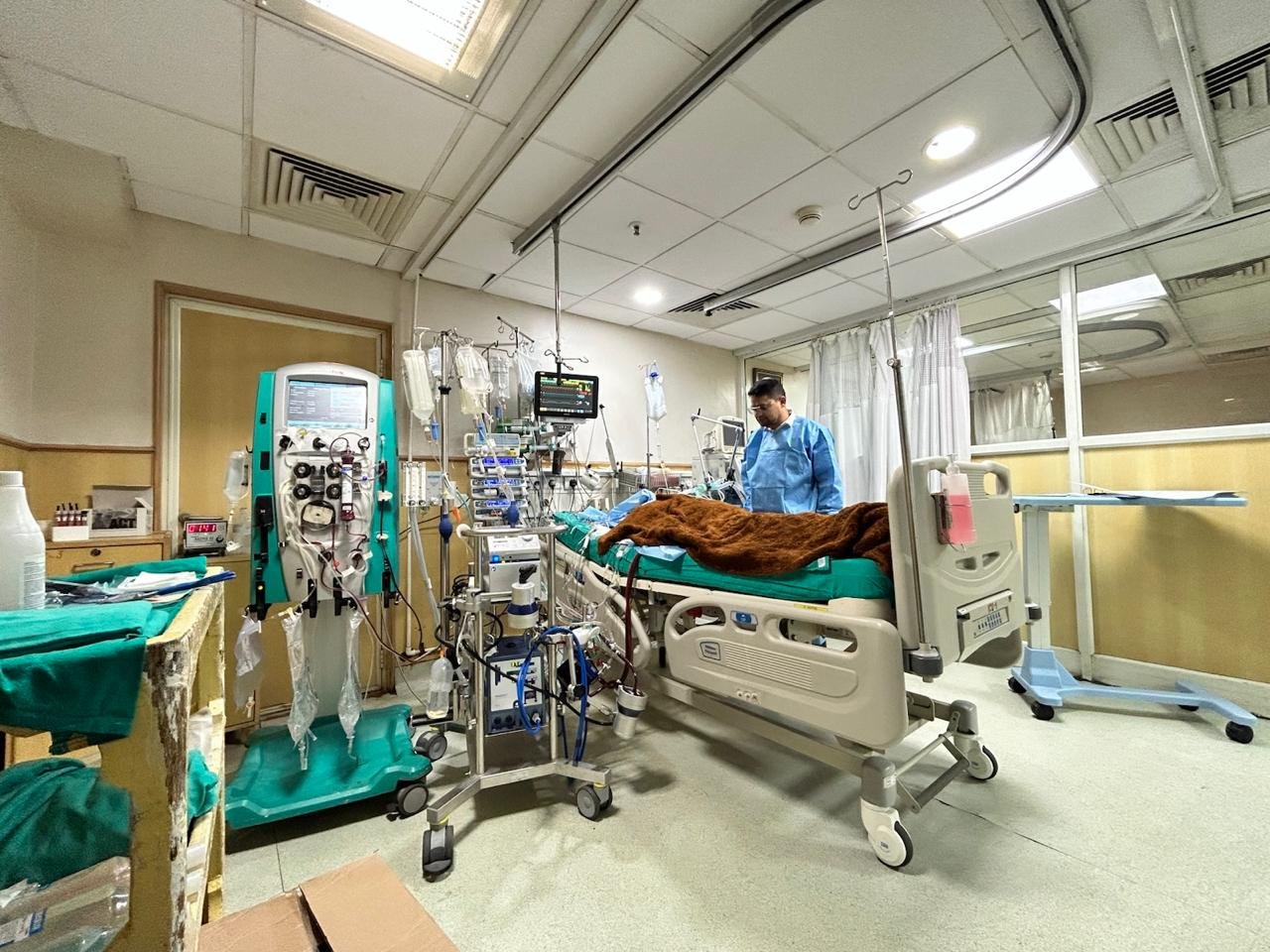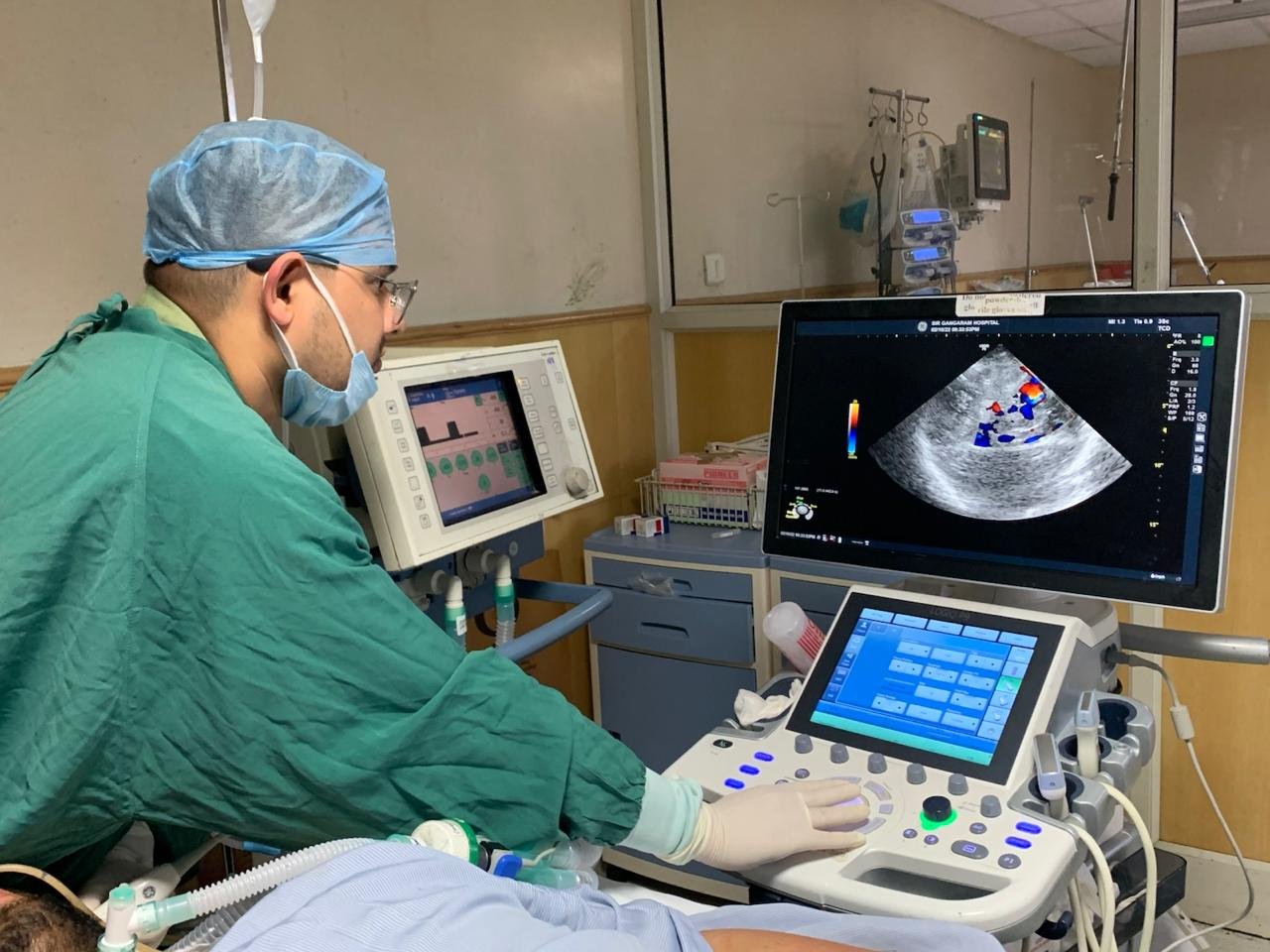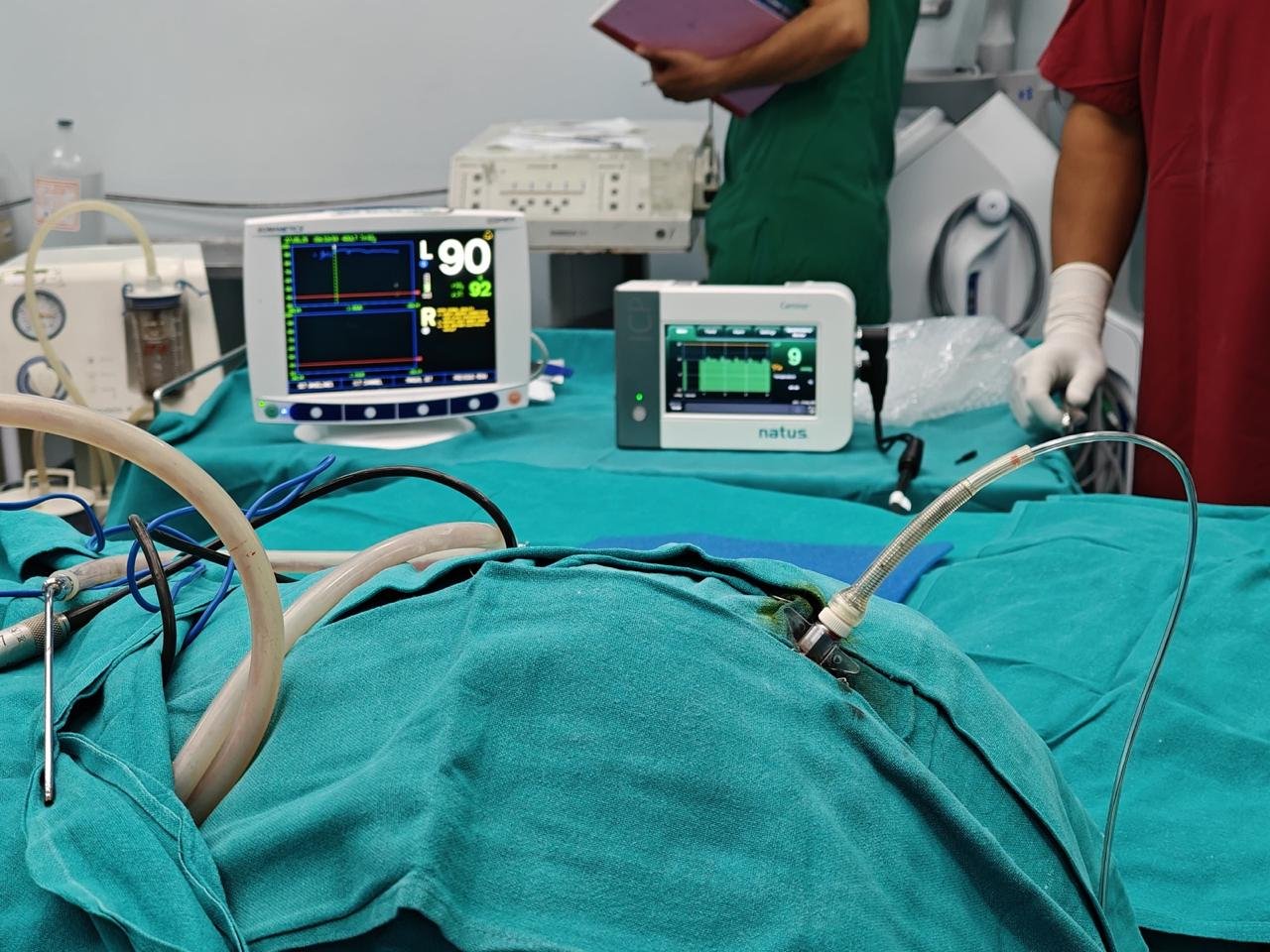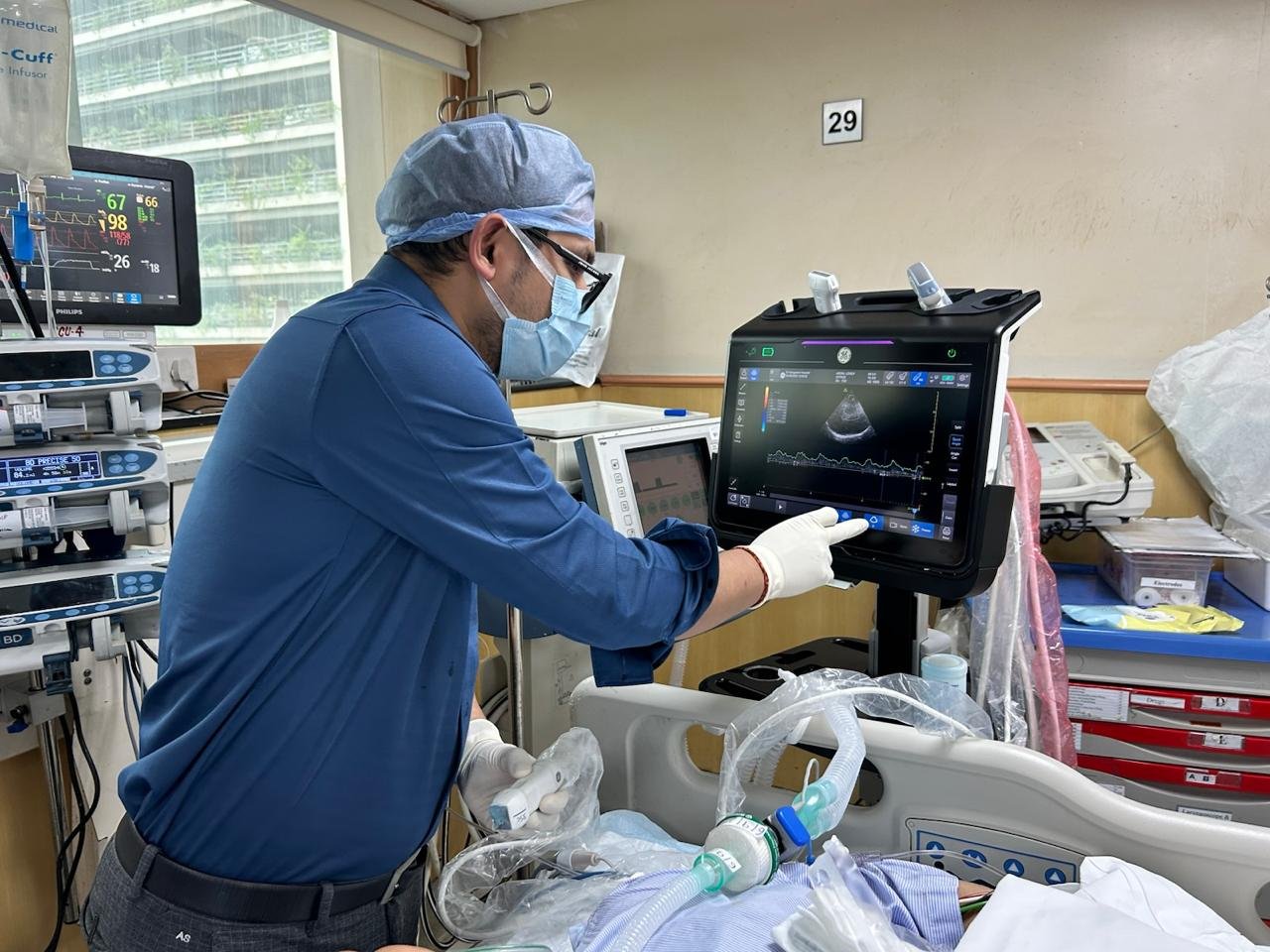Why is ECMO Gaining Global Momentum?
ECMO is no longer considered an experimental therapy—it has now evolved into an essential component of critical care worldwide. The renewed interest stems from:
ECMO at Sir Ganga Ram Hospital
Institute of Critical Care Medicine
Our ECMO trainers are all consultants in Intensive Care Medicine, combining clinical expertise with a commitment to teaching and program development.
Application Areas & Indications
ECMO offers a bridge to therapy for patients with a variety of medical conditions, including respiratory failure, ARDS, pulmonary embolism, cardiogenic shock, cardiac arrest, failure to wean from bypass after cardiac surgery, or as a bridge to transplantation or placement of a ventricular assist device.
ECMO Equipment at Our Centre
Our unit is equipped with state-of-the-art ECMO technology to support both training and clinical care, including:
This ensures participants gain comprehensive knowledge of ECMO initiation, monitoring, troubleshooting, and even safe patient transport on ECMO.
Our ECMO Faculty & Specialists
Led by nationally and internationally recognised intensivists, vascular surgeons, and cardiac surgeons.
Our ECMO trainers are all consultants in Intensive Care Medicine, combining clinical expertise with a commitment to teaching and program development.
Dr. B. K. Rao
Patron
Dr. Vinod K. Singh
Director, ECMO Program; India Representative, SWAC ELSO; Editor-in-Chief, Indian Journal of ECMO
Dr. Sanjeev Mittal
Co-Director, ECMO Program; President, Delhi Region ECMO Society of India; Editor, Indian Journal of ECMO
Dr. Saurabh Taneja
Coordinator, ECMO Program & IJECMO; Secretary, Delhi Region ECMO Society of India
Training & Fellowship Programs
We offer hands-on workshops, certificate courses, and ESOI-recognized fellowships to train the next generation of ECMO specialists
ECMO Training Program
Extracorporeal Membrane Oxygenation (ECMO) requires specialized knowledge, technical expertise, and a multidisciplinary approach. Our training programs are designed to build competence across all aspects of ECMO management, offering specialized learning in critical care medicine. Since the early days of modern intensive care, when pioneering doctors first adapted extracorporeal techniques to save lives, ECMO training has been a vital standard for developing skilled heart–lung support teams.
Program Highlights
Who Can Enroll
Program Options
Fellowship Program – ECMO Society of India (ESOI)
The ECMO Society of India (ESOI) runs a structured fellowship program to develop the next generation of ECMO leaders. This advanced pathway in intensive care training has become a recognized benchmark for shaping ECMO specialists. Ever since structured programs were introduced, leaders in critical care have continued to refine this initiative — ensuring that future experts are equipped with the highest standards of knowledge and skill.
Fellowship Features
Graduates of the ESOI fellowship are equipped to establish, manage, and expand ECMO services across India and globally.
Our Participation in the ELSO Registry
The Extracorporeal Life Support Organization (ELSO) maintains the world’s largest ECMO registry and database. Participation in the ELSO Registry connects our ECMO program with the world’s largest critical care database. It has been a benchmark for measuring outcomes and sharing global standards ever since international collaborations first formalized data-driven improvements in extracorporeal support.
Why It Matters
Our recognition in the ELSO registry reflects our commitment to transparency, continuous improvement, and alignment with international ECMO practices.





